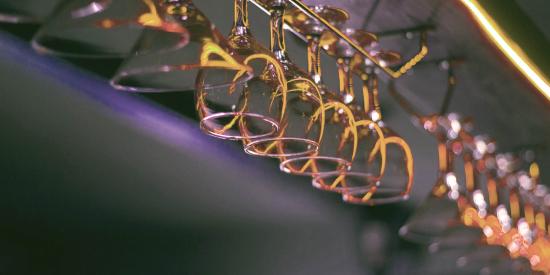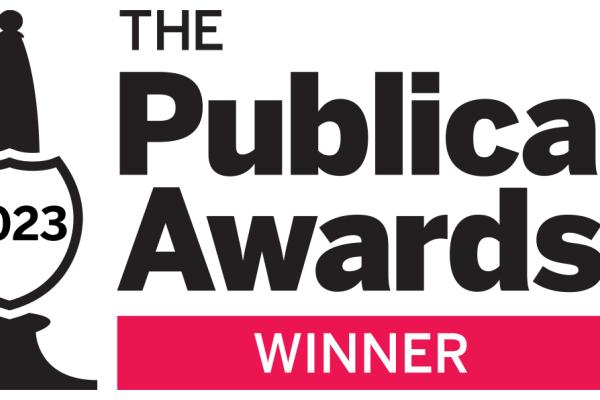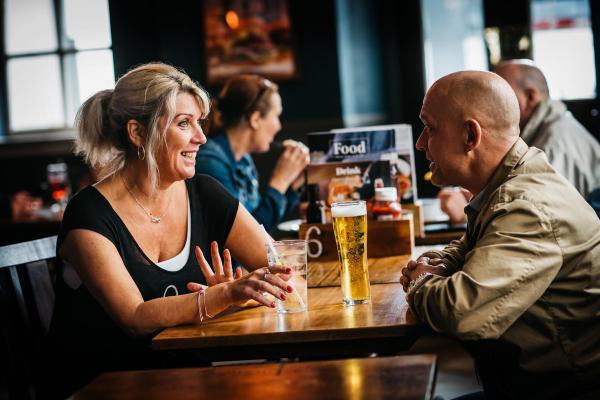Running an eco pub - How to be more environmentally friendly
As with any hospitality related business, pubs are coming under increasing pressure to adopt sustainable policies and be environmentally friendly. Heartrending images of turtles with plastic straws stuck in their noses, of mounds of unused food going to waste are attracting considerable criticism. No hospitality business is exempt and more and more companies are taking action. Even H.M The Queen has ordered plastic straws to be removed from catering establishments operating at Sandringham and other estates.
These issues are not going to go away, making it imperative for pubs to seek solutions. It also makes good business sense. Being environmentally friendly can significantly reduce operating costs as well as being good PR.
Ditching Plastic Straws
Follow the Queen’s lead and no longer stock plastic straws. There can be little doubt that the movement against plastic straws is going to become ever more vocal. Cutting down on plastic pollution is high on the world agenda, and plastic straws are a very visible element with alternative recyclable versions readily available. Many pubs have already responded by ditching the plastic straw. Those that have no may stand out for the wrong reasons, so if you haven’t yet found an alternative now is the time to do it.
Put Sustainability At The Heart Of The Business
Increasing numbers of pubs are putting sustainability at the heart of their business. Many are taking part in the Sustainable Pub of the Year award scheme run by the Sustainable Restaurant Association.
As the SRA point out, there are two very good business reasons for adopting a sustainable approach. Firstly, it is what customers want – they are actively seeking out sustainable pubs. Secondly, it can have a positive impact on a pub’s bottom line and the amount of money spent on utilities like electricity, water, gas as well as food.
Numerous resources and case studies are available on the Sustainable Restaurant Association website to help pubs wanting to become more sustainable. Also useful are the BBPA fact sheets, which can help licenses save energy. Electricity costs can be high, accounting for up to 30% of a pub’s energy usage. Installing energy efficient lighting immediately decreases overheads as you will be spending less on energy. The BBPA points out that changing interior lighting from traditional light bulbs to LED can save up to £2,000 a year. Equally important is taking a look at kitchen operating practices – in many cases, the first thing is a chef does on entering a kitchen is to turn on all the appliances even if they are not immediately needed!
Being sustainable means looking at all aspects of your business. All too frequently, simple actions that involve very little cost can make a major difference. According to the BBPA, a poorly insulated cellar can cost up to £300 extra in electricity to cool. Carrying out a simple survey will highlight draughts, poorly fitted beer drops or inadequately insulated heating pipes, all of which increase the amount of electricity being used.
Local Sourcing
Local sourcing is key to operating a sustainable business. Freshness is guaranteed and it encourages cross marketing with the suppliers. Not only can it be cost effective, but also it helps create good relationships with the local community. Using local food also helps make your menus stand out in a crowded marketplace as it can be highlighted on menus and websites.
At Greene King’s Bay Horse at Masham, Sarah Milward says;
“I take pride in the fact that I use meat from local butchers, one of them is two doors away, the other just across our back yard – you can’t get closer than that! I source my other ingredients locally too; people who run the market stall in Helmsley supply my vegetables for me. As we get many visitors to the town, I can honestly tell them that the beer and food are both from around here, they like to feel they have come all this way and sampled the local fayre.”
Food Waste
Serving food inevitably involves overheads, and all too frequently caterers overlook the basics. You only have to watch TV programmes such as Alex Polizzi’s Restaurant Inspector and Restaurant Rescue series to see how many chefs do not consider the costs of portion sizes, uneaten meals or simply profit levels on food.
Reducing these outgoing costs can make a tremendous difference, which is why many chefs are now utilising apps such as Winnow. Most kitchens succeed in reducing food wastage by half as a result of using Winnow, and even Hugh Fearnley-Whittingstall’s River Cottage at Winchester managed to reduce its food waste levels by one third in two months. The Winnow System involves using a ‘smart meter’ to measure and analyse the type of food being placed in the bin. When combined with data from an electronic scale, the chef can instantly see how much money this waste represents.
Many chefs are adopting a root-to-shoot policy, seeking to use as much of the food being served as possible. Instead of losing food during preparation, alternative uses are being sought such as creating crisps from vegetable waste, using cauliflower stalks to add flavour to stocks, blitzing carrot heads for smoothies and soups.
Offering customers the option of having their left over food boxed to take home is becoming increasingly popular. It means that the food can still be eaten – and you do not have to pay to have it taken away as rubbish.
Another increasingly popular method is to arrange to donate surplus food to charity such as the homeless or women’s refuges. All it takes is a phone call to arrange someone to collect the food, and take it away.
Pure Business Sense
Being sustainable clearly makes business sense. There can be little doubt that pubs adopting sustainable, environmentally friendly policies are benefiting in terms of their bottom line, public relations and their involvement in the community. It is a win, win situation in every possible way.
Speak to your BDM about ways to become eco-friendly and also how to use your sustainable credentials to attract customers to your pub.




